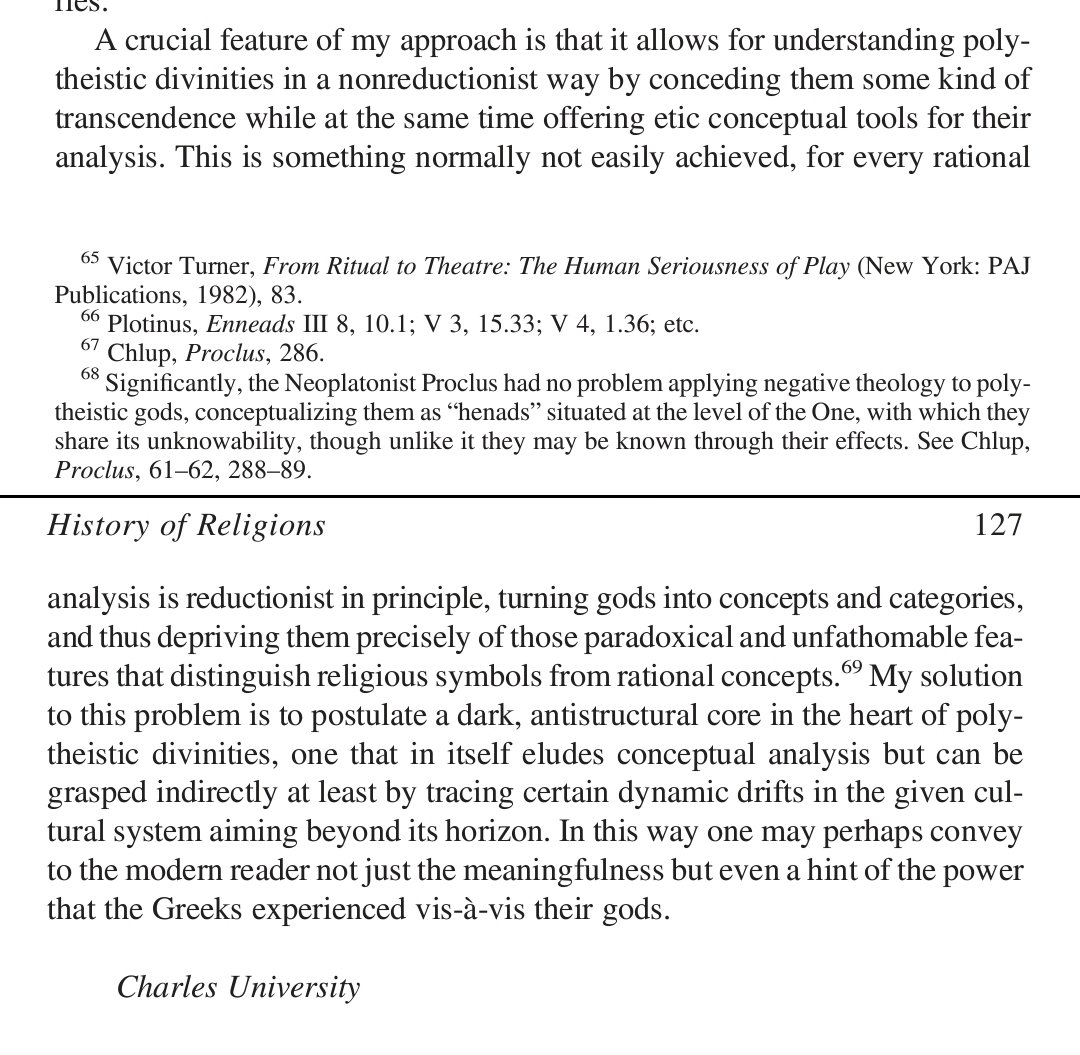
Religious Studies PhD Student. Onímọ̀-ìjìnlẹ̀ in progress. Really likes Platonism, Star Wars, Anime, and Comic book fandom. Hopeless Nerd.
How to get URL link on X (Twitter) App

https://twitter.com/ogheneyxle/status/1903391397773738044Moh gives a great breakdown.
https://x.com/Mohsule_/status/1903558447376760919

https://twitter.com/eldivyn/status/1858391329052434479...which is unity as such).
https://twitter.com/timmodryoid/status/1741818326496498146History is also an imaginal construct.
https://twitter.com/Evollaqi/status/1648874526627774464...is all but settled. This is so in Plato (cf Mary McCabe, "Plato's Individuals") as much as Plotinus (cf. EP Butler, "Plotinian Henadology"; Adam Labecki, "The One and the Many") and Proclus (EP Butler, "the Intelligible Gods in the Platonic Theology of Proclus")